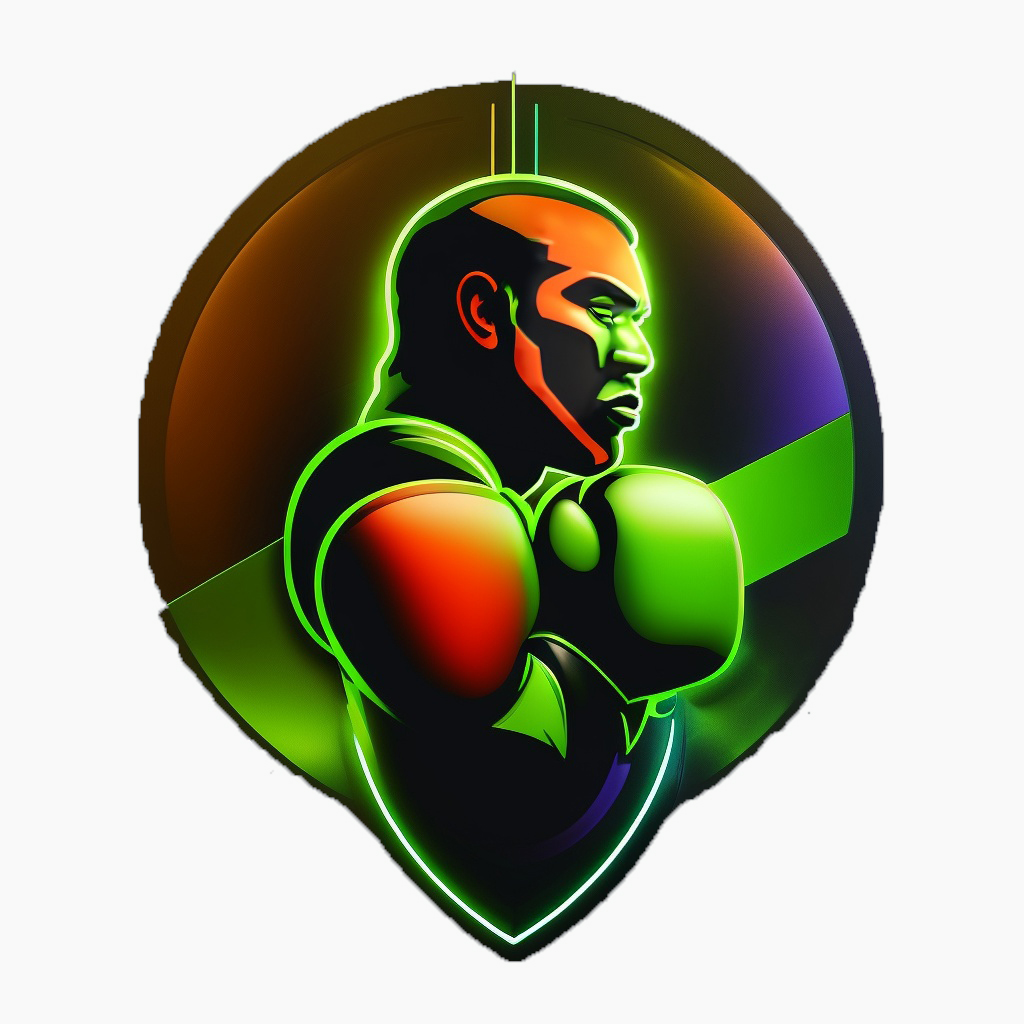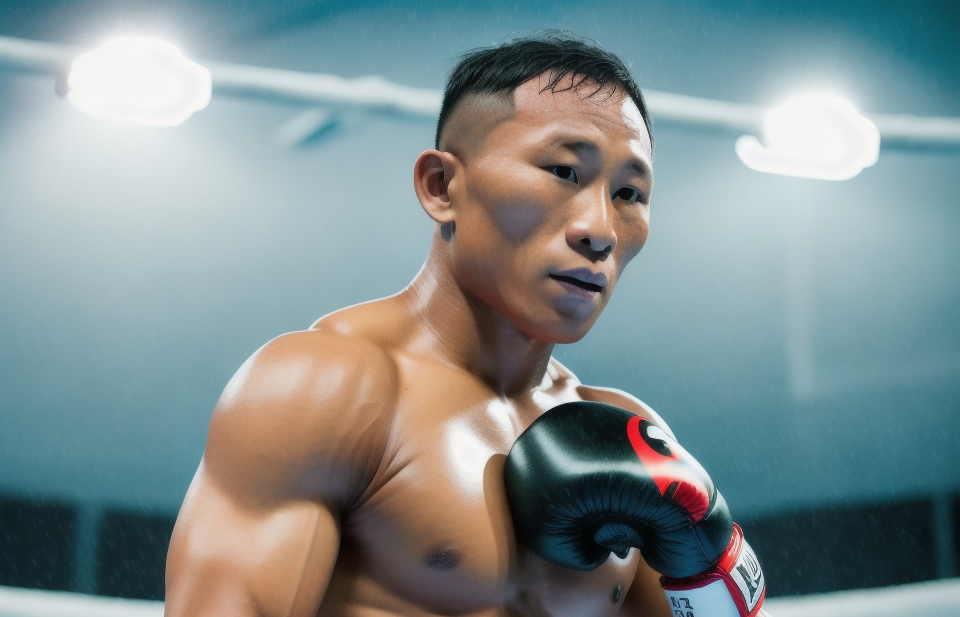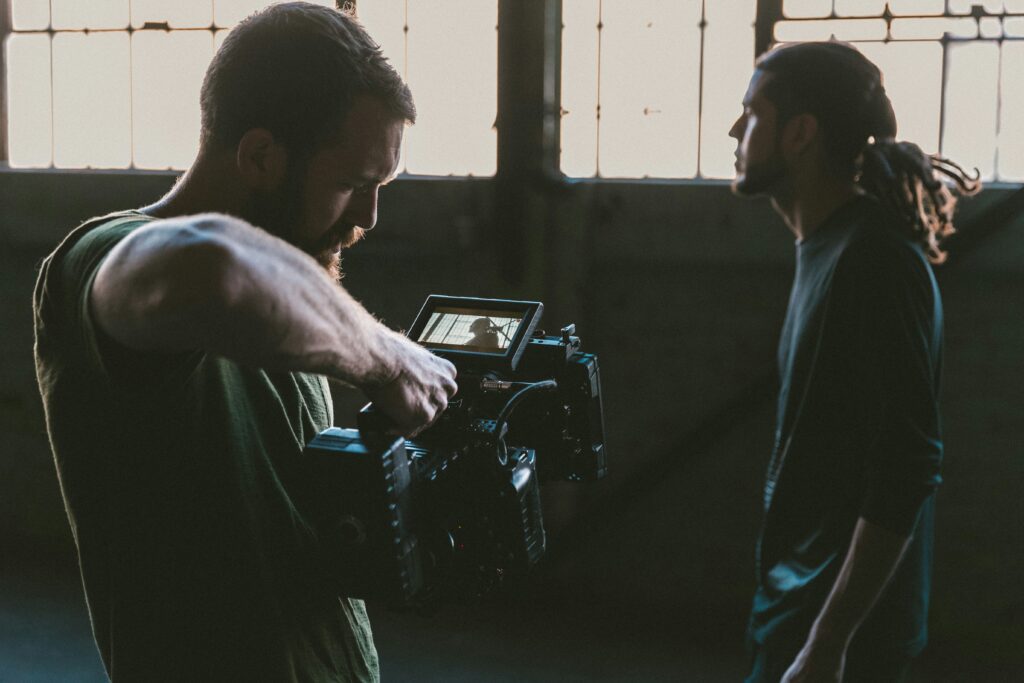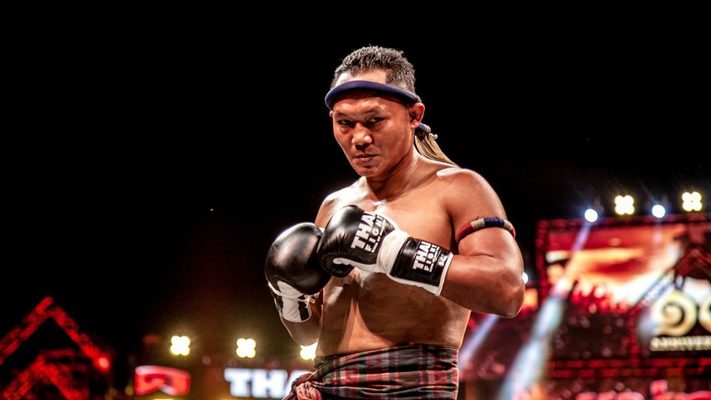Muay Thai, a martial art hailing from the land of Thailand, is often referred to as “the art of eight limbs.” The captivating blend of punches, kicks, elbow and knee strikes, provides not only a holistic workout regime but also a fascinating cultural learning experience. This sport that tests both physical endurance and mental grit has attracted worldwide popularity, and this guide aims to deliver crucial beginner-friendly advice and strategies to ease your foray into Muay Thai.
Unraveling the Benefits of Muay Thai
Muay Thai’s benefits extend beyond just physical strength and agility; it caters to various facets of well-being.
- Full Body Workout: As Muay Thai training involves numerous techniques that engage your core, upper body, and lower body, it ensures a comprehensive full-body workout. This can lead to a significant improvement in your muscle strength, flexibility, and cardiovascular endurance.
- Self Defense Skills: Learning Muay Thai equips you with practical self-defense skills. The techniques taught can be effectively utilized in self-defense scenarios, enhancing your sense of security and personal safety.
- Mental Health Boost: Training in Muay Thai has been linked with stress reduction, improved mental clarity, and increased discipline, all contributing to better mental health and overall well-being.
Key Training Equipment
To begin your training journey, you’ll need some essential equipment:
- Boxing Gloves: These are mandatory to protect your hands and wrists during your training sessions. Ensure they are of good quality and fit comfortably.
- Shin Guards: Shin guards are an essential piece of protective gear that shields your lower legs during heavy sparring sessions.
- Headgear: This important equipment protects your head from direct blows, reducing the risk of head injuries or concussions.
- Mouthguard: Mouthguards safeguard your teeth and gums from damage during sparring or competitive bouts.
Fundamental Muay Thai Techniques for Beginners
Here are some essential Muay Thai techniques that every beginner should focus on:
- Jab: The jab is a quick, straight punch thrown with your lead hand. It’s your primary offensive and defensive tool in Muay Thai.
- Cross: The cross punch, thrown with your rear hand, is a powerful strike often used for counter-attacks and delivering knockout blows.
- Teep (Push Kick): This front kick helps maintain distance or disrupt an opponent’s balance, making it a versatile technique in your arsenal.
- Roundhouse Kick: A signature Muay Thai move, this kick involves a swift rotation of the body, targeting your opponent with the shin.
Top Tips for Muay Thai Beginners
As a beginner, here are some essential tips to maximize your learning experience:
- Start Slow and Build Gradually: Everyone starts somewhere. Don’t try to rush your progress. Focus on understanding and performing basic techniques correctly, then gradually increase the intensity of your training.
- Consistency is Key: Progress in Muay Thai, like any other martial art, comes with consistent practice. A regular training schedule is more beneficial than sporadic intense sessions.
- Learn to Wrap Your Hands Properly: Protecting your hands and wrists from injury is vital. Ensure you learn the proper technique to wrap your hands before wearing your gloves.
- Don’t Neglect the Basics: While advanced moves may look appealing, it’s the basics that form the strong foundation of your Muay Thai journey. Mastery over basic techniques will significantly improve your overall performance.
- Sparring is a Learning Tool, Not a Fight: Sparring is about learning, not winning or losing. Approach each sparring session with an open mind and a focus on learning and applying your techniques.
Building a Training Schedule
Designing a balanced training schedule can enhance your progress. Here’s a typical schedule you might follow:
- Begin with Warm-Up Exercises: A 10-15 minute warm-up session prepares your body for the strenuous workout ahead and reduces the risk of injuries.
- Technique Training: Spend a substantial part of your training under the supervision of a coach, learning and practicing techniques.
- Cardio and Strength Training: Integrate cardio exercises like running, skipping, and strength training exercises like weightlifting into your routine to build endurance and power.
- Sparring Sessions: Participate in controlled sparring sessions to apply and practice the techniques learned in a practical scenario.
- Cool Down and Stretch: Post-training, always take time to cool down and stretch. This aids recovery and reduces muscle soreness.
FAQ
1. How often should I train in Muay Thai as a beginner?
As a beginner, you should aim to train at least two to three times a week. This provides a balance that allows for enough training to progress and enough rest to recover.
2. Can I learn Muay Thai at any age?
Yes, it’s never too late or too early to start learning Muay Thai. However, it’s always recommended to consult with a healthcare professional before starting any new fitness regime, especially for those under the age of 16 or over the age of 50.
3. What should I wear to my first Muay Thai class?
You should wear comfortable sports attire that allows for a wide range of motion. Most gyms will have you training barefoot. Also, remember to bring a water bottle to stay hydrated!
4. How long will it take me to become good at Muay Thai?
This is very individual and depends on factors like your frequency of training, your physical fitness, and your ability to learn and apply techniques. With consistent training, you should start to see significant improvements in your skills within six months to a year.
5. Is Muay Thai dangerous?
Like any contact sport, there’s always a risk of injury with Muay Thai. However, with proper training, good technique, and the right protective gear, the risk can be significantly minimized.
Conclusion
Embarking on your Muay Thai journey can be both thrilling and challenging. A healthy blend of patience, consistency, and a strong focus on the basics can go a long way in aiding your progress. Always remember to respect the art, your trainers, and your sparring partners. Above all, enjoy the process of learning and evolving through this beautiful martial art.
Muay Thai is not just about physical strength; it’s about the spirit, the culture, and the discipline that comes with it. Everyone’s journey is unique, and comparing your progress with others might not serve you well. With time, dedication, and consistent effort, you’ll see improvements not only in your fighting skills but also in your overall fitness and mental resilience. Get ready to embrace the exciting journey that is Muay Thai!






One Comment